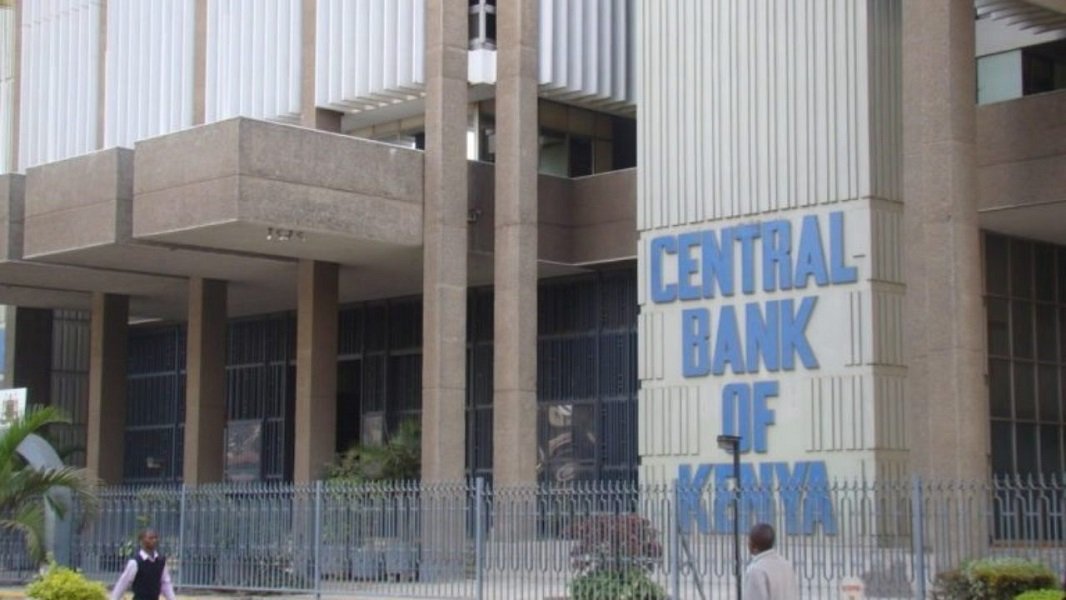
REVIEW OF THE CENTRAL BANK OF KENYA (CREDIT GUARANTEE BUSINESS) REGULATIONS, 2025
The Central Bank of Kenya (CBK) has released the Draft Central Bank of Kenya (Credit Guarantee Business) Regulations, 2025, marking a significant step towards formalizing and regulating a crucial segment of the financial sector. These regulations aim to bring order, stability, and transparency to the credit guarantee landscape, particularly as it supports the growth of micro, small, and medium enterprises (MSMEs).
A Credit Guarantee Business is an authorized financial activity, typically undertaken by a regulated company, whose primary function is to wholly or partially assure (guarantee) the repayment of loans advanced by lenders to borrowers. PART II of the Draft Central Bank of Kenya (Credit Guarantee Business) Regulations, 2025, defined Credit guarantee business to mean activities that include:
- Financing of borrowers by wholly or partially guaranteeing loans advanced to the borrowers.
- Any other activity approved by the Bank (CBK) from time to time.
In essence, the company acts as a risk mitigant by stepping in to cover the lender’s loss if the borrower defaults, thereby making it easier for borrowers (especially those perceived as high-risk, like Small and Medium Enterprises) to obtain credit. Any additional investment or activity incidental to this core business requires the prior approval of CBK.
The Credit Guarantee Business act as a risk mitigant in lending, especially to segments of the economy deemed high-risk, such as MSMEs. They guarantee the repayment of a portion (or sometimes the entire amount) of a loan if the borrower defaults. This guarantee reduces the potential loss for the original lender. By assuming part of the risk, Credit Guarantee Businesses incentivize lenders to extend credit to borrowers who might otherwise be rejected due to a lack of traditional collateral or an inadequate credit history. This is particularly vital for MSMEs, which often struggle to access formal credit. By reducing lender apprehension, Credit Guarantee Businesses help channel capital into productive sectors of the economy, promoting job creation and economic growth.
The Regulation is intended to apply to credit guarantee providers, credit guarantee companies, lenders participating in credit guarantee business or any person who conducts credit guarantee business as may be determined from time to time by CBK.
The core purpose of the Draft Central Bank of Kenya (Credit Guarantee Business) Regulations, 2025, is to provide a comprehensive regulatory and supervisory framework for Credit Guarantee Businesses in Kenya. The regulations aim to:
- Clearly establish which entities fall under the scope of a Credit Guarantee Businesses and mandate a formal registration and licensing process by the Central Bank of Kenya.
- Ensure Credit Guarantee Businesses operate ethically and transparently, protecting MSMEs from exploitative practices. In other words, exercising supervisory and oversight authority over Credit Guarantee Businesses.
- Enforce capital and governance standards to ensure Credit Guarantee Businesses are financially sound and capable of meeting their guarantee obligations, thereby preventing systemic risk in the financial sector.
Key Provisions of the Regulations.
- Licensing: PART IV of the draft regulations has provisions on licensing of credit guarantee companies. All Credit Guarantee Businesses must be licensed by the Central Bank of Kenya. The application process requires detailed information on business strategy/plans, capital structure, and ownership. This aims to bring all Credit Guarantee Businesses under the CBK’s regulatory ambit and vet their suitability.
- Capital Requirements for Credit Guarantee Companies: The First schedule provides for a minimum core capital of one (1) billion Kenya shillings. This is to ensure Credit Guarantee Businesses have sufficient financial buffer to absorb potential losses from defaulted loans without collapsing.
- Reporting Requirements for credit guarantee providers: PART XII provides that the financial year of a credit guarantee provider shall be the period of twelve months ending on the 31st day of December in each year. A credit guarantee provider shall submit periodic reports, at least semi-annually or annually, or for such period and in such form, as may be specified by the Bank from time to time. This is to enable the CBK to continuously monitor the sector’s performance, stability, and adherence to rules.
- Data Protection and sharing of information: Credit guarantee providers, credit guarantee companies, lenders participating in credit guarantee business, and any contracted third-party service providers shall ensure that they comply with the requirements of the Data Protection Act and any other relevant law when, amongst others, disclosing or sharing any information in the course of business.
- Creation of a Risk Committee: A risk committee shall be responsible for ensuring the quality, integrity and reliability of the risk management framework of a credit guarantee company.
- Classification And Provisioning of Guarantees: Part VIII establishes the rules for how a credit guarantee company must categorize its guarantees and set aside funds (provisioning) to cover potential losses. The criteria established by the relevant regulatory authority (which includes “the Bank,” the SACCO Societies Regulatory Authority, and other prescribed bodies). In determining the amount of potential loss for guaranteed loans, the company must adhere to the following minimum provisioning percentages:
- for guarantees classified “Normal”, one per centum of the guarantee;
- for guarantees classified “Watch”, three per centum of the guarantee;
- for guarantees classified “Substandard”, twenty per centum of the guarantee;
- for guarantees classified “Doubtful”, one hundred per centum of the guarantee; and
- for guarantees classified “Loss”, one hundred per centum of the guarantee.
- Compliance with IFRS: The Regulation allows for alignment with global accounting standards, stipulating that if the impairment charges calculated under International Financial Reporting Standards (IFRS) are higher than the minimum provisions required by these Regulations, the IFRS charges shall be considered adequate.
Expected Effects of the Regulations on Credit Guarantee Businesses (Credit Guarantee Businesses)
- Existing Credit Guarantee Businesses will face a significant compliance challenge, especially regarding the new minimum core capital requirements and governance standards.
- Smaller, under-capitalized Credit Guarantee Businesses may be forced to merge or exit the market, leading to a consolidation of the industry under stronger, more stable players.
- Formal regulation and CBK oversight will boost the confidence of lenders and the public in the Credit Guarantee Business sector, potentially increasing demand for their guarantees.
Effects on Lenders (Banks and Financial Institutions)
The regulations will formalize the stability of Credit Guarantee Business partners, giving banks more confidence in the guarantees they hold. This encourages a greater flow of credit to MSMEs. Standardized rules will make it easier for lenders to vet and partner with licensed Credit Guarantee Businesses, leading to more efficient collaboration.
Effects on MSMEs (Borrowers)
The regulations have improved Access to Finance which is the biggest positive impact. With regulated, stable Credit Guarantee Businesses and incentivized lenders, MSMEs will find it easier to secure loans, often without having to pledge their own assets as collateral. The initial compliance costs for Credit Guarantee Businesses might be passed on, the increased competition and transparency, coupled with reduced risk for the lender, could eventually lead to lower interest rates and reduced collateral requirements for MSMEs. The regulations are designed to prevent rogue operators, protecting MSMEs from unfair or opaque guarantee fees and claim processes. By ensuring Credit Guarantee Businesses are well-capitalized and professionally managed, the CBK minimizes the risk that a major CGB failure could trigger instability across the banking sector. A smoother flow of credit to MSMEs will stimulate job creation, innovation, and overall national economic growth.
In conclusion, the Draft CBK (Credit Guarantee Business) Regulations, 2025, are a necessary and forward-looking measure. They shift the credit guarantee landscape from an unregulated space to a formalized sector that is both safer for the wider economy and more effective in achieving its core mission thus unlocking finance for Kenya’s small businesses.
For more information, please contact us on info@aowangaadvocates.com or +254794600191
All rights reserved for A.O. WANGA ADVOCATES
www.aowangaadvocates.com






Leave a Reply